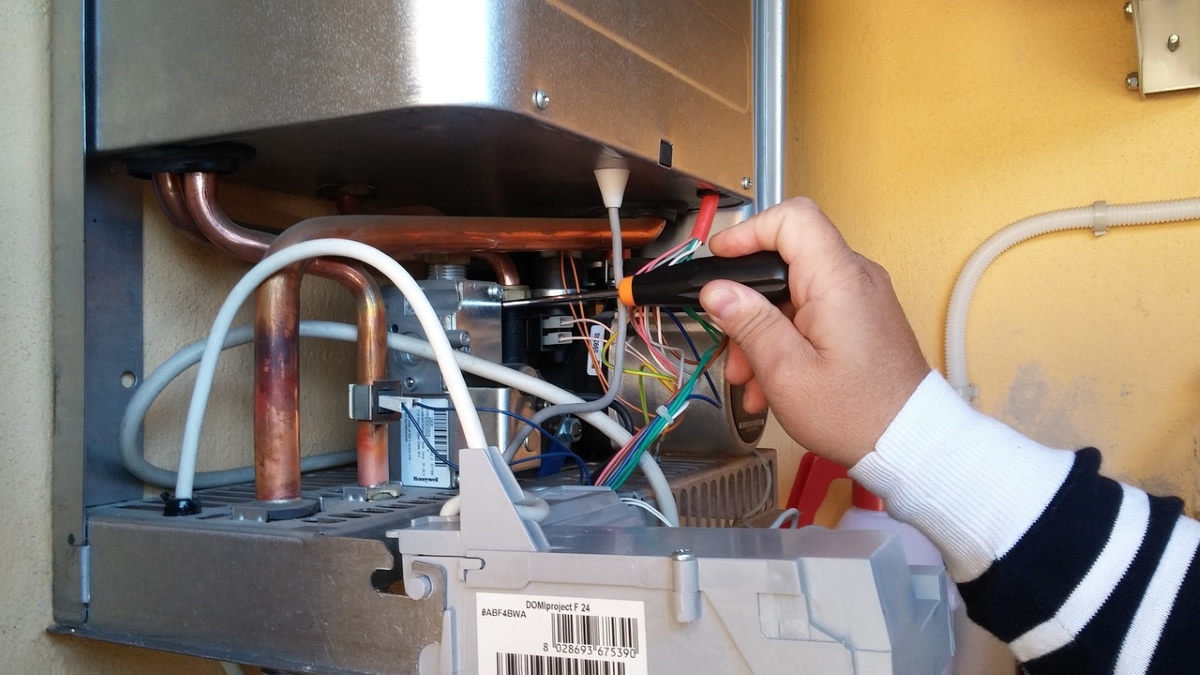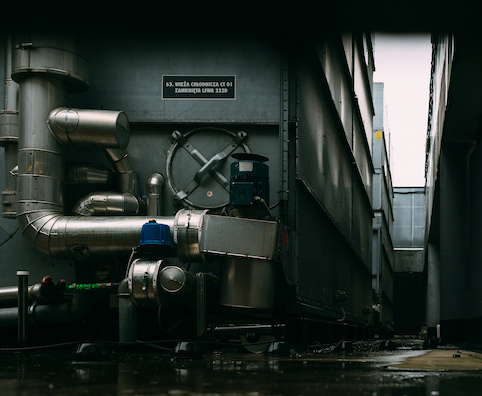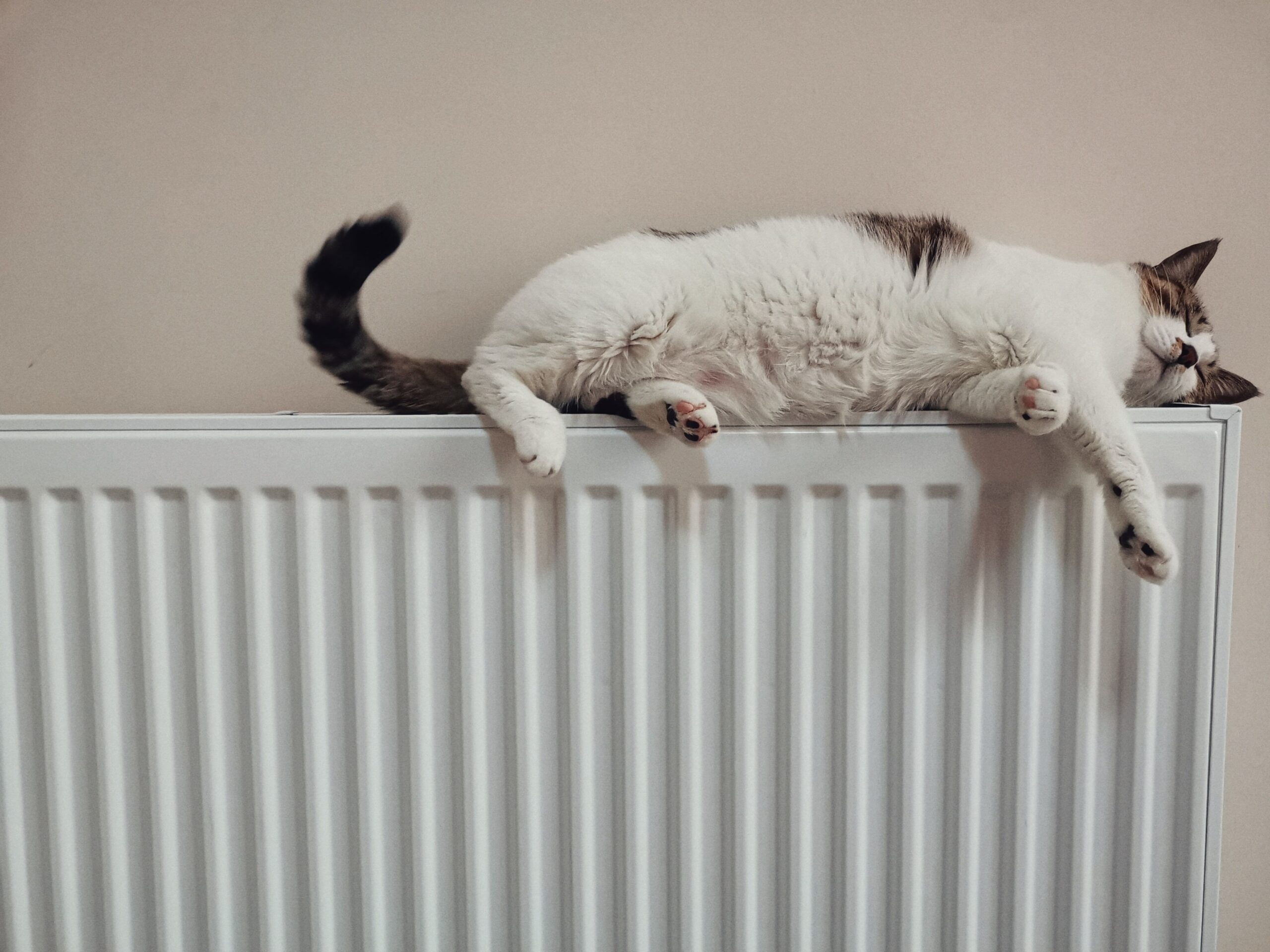Cleaners and cleaning companies have previously been branded as low-skill and low-paid jobs. However, since the Covid-19 pandemic, people’s attitudes are starting to change. Cleaners were recognised as key workers, and their job was treated with much more respect. Here are just a few of the ways our perceptions of the cleaning profession changed through the pandemic.
Cleaning Is Now Viewed As Essential
The most obvious reason for the change in the perception of cleaners is there was a change in the perception of cleaning. It was at the front of everyone’s mind. Ensuring surfaces were properly wiped down was a top priority. People became far more vigilant and therefore were much more aware of the work cleaners were doing. This work was also given a lot more value. It was no longer simply a case of looking clean – it was about staying safe. Cleaning went from a nice-to-have aesthetic service to an essential aspect of healthcare in the public mind.
People Learnt The Extent Of Cleaning Services
Another aspect of the cleaning industry highlighted over the pandemic is the true extent of cleaning services offered. As with any industry you are unfamiliar with, it’s not always self-evident what certain roles entail. For those unfamiliar with cleaning- mopping, vacuuming, and rubbish removal may spring to mind. However, before the pandemic, there were likely few people whose minds went to large-scale one-off deep cleaning and disinfecting. And though it’s probably still not most people’s first thought, many more people will have seen a broader selection of cleaning services. Having seen a more broad range of cleaning services over the pandemic, many people likely have a greater appreciation for the role and what it entails.
More Deep Cleans
A future of hybrid working – albeit one that is further away than some may have initially thought – may reduce demand for office cleaning. In the shorter term, however, the need for deep cleaning looks set to increase. The importance of routine deep cleaning was brought to the forefront through the pandemic. The increased awareness of the service and its incredible benefits make it a must-have for many office managers.
Staff Shortages Emphasised Demand
Nothing highlights the importance of something as much as not being able to access it when you need it most. And cleaning is no exception to this. An increased demand over the pandemic clashed with staff shortages to unveil a supply and demand issue within the cleaning sector.
Higher Pay And Tackling Labour Shortages
The cleaning sector needs to find ways to fill labour shortages, and higher salaries may be needed to steer candidates away from otherwise higher-paying and more flexible roles elsewhere. However, this would only work if the market supported a higher cost of cleaning services. With the value of cleaning being more evident than ever, given a choice between forgoing cleaning services or paying more for them, can we expect consumers to choose the latter option? And would higher salaries and a willingness to pay more for cleaning services finally dismiss the “low-paying” label attached to the cleaning profession?
Cleaners' Work Hours Drew Attention
The pandemic has also put the spotlight on the hours worked in cleaner roles. The shift to at-home working has extended into a full-blown call for work flexibility. People are seeking more accommodating work hours – a 9am start is a push when you have the school run at 8.30am, after all. And of course, many workplaces are abuzz with talk of 4-day work weeks.
With a shift towards flexibility, it’s fair to assume there’s a greater appreciation for those working less flexible roles and more stringent work hours. And few jobs exemplify this as much as cleaners. Cleaning roles often require working around the hours of other employees. Office cleaners, for example, may need to begin work as early as 5 or 6am, to clean offices for a workforce starting work at 9am. Or they may be required to work evenings to clean after other employees leave at 5pm. And the hours for cleaning roles may be even less optimal for other venues, such as hotels and restaurants.
Will Hybrid Working Cost The Office Cleaning Industry?
The switch to work from home brought about through the pandemic may have raised the appreciation for roles without such options. However, the flip side of this coin for cleaners is potentially lower occupancy in offices. As fewer people worked in offices, we would anticipate decreased demand for office cleaning services. Thankfully, for the office cleaning sector, the impact of working from home may not be as severe as expected, as highlighted in this RICS report from August 2022. The unsuitability of work from home for certain roles, personal preference for office-based working, and slower adoption of hybrid working policies mean there is still a thriving commercial office market. And consequently, there is still demand for office cleaning services going forward.
Book An Office Deep Clean
If the pandemic has opened your eyes to the importance of office cleaning, get in touch. Our regular office cleaning service, combined with routine deep cleaning, will keep your office clean and safe from harmful bacteria and viruses. To learn more email us at [email protected] or call us on 0208 988 1662.
Learn More About Office Cleaning
For information on cleaning (among many other areas of facilities management), visit our blog. It is filled with useful articles and guides to help you create safer office environments. To better understand why deep cleaning is so important, we recommend these related articles:
The Importance of Deep Cleaning & How It Can Improve Your Health
4 Differences Between Deep Cleaning and Regular Cleaning





